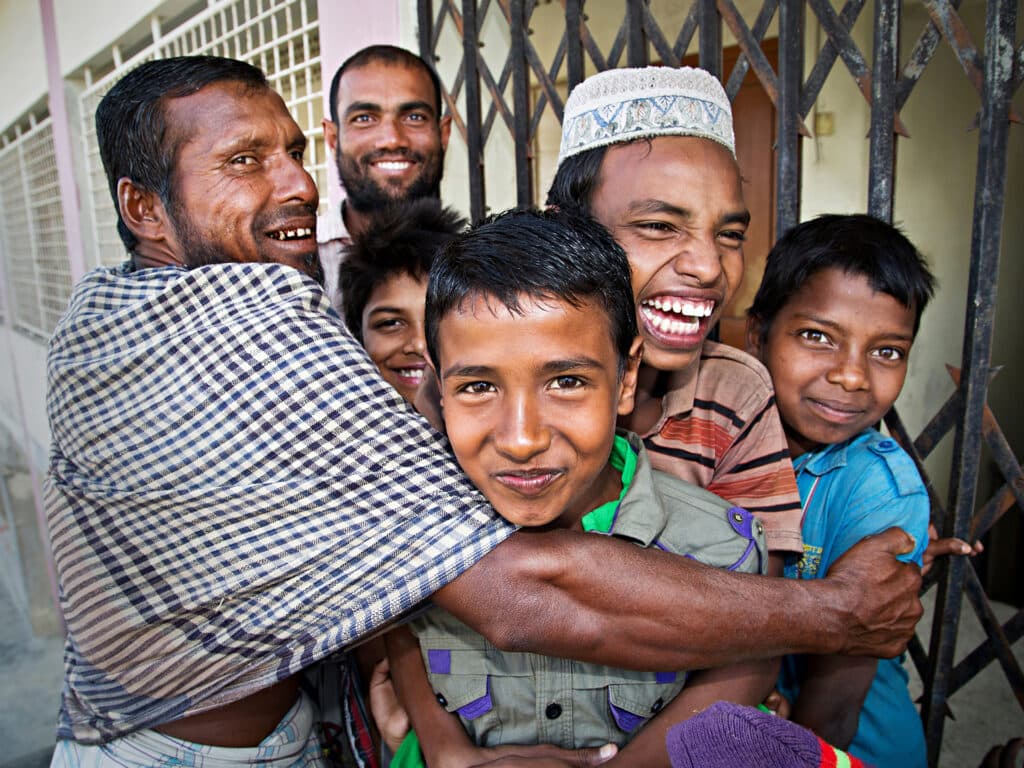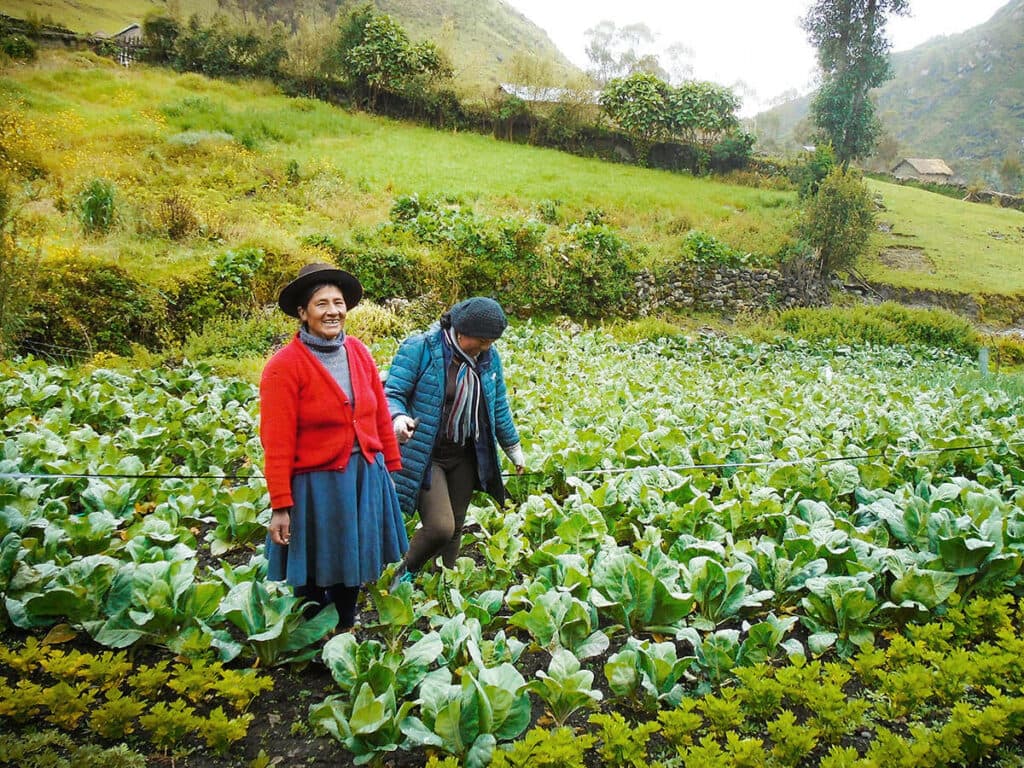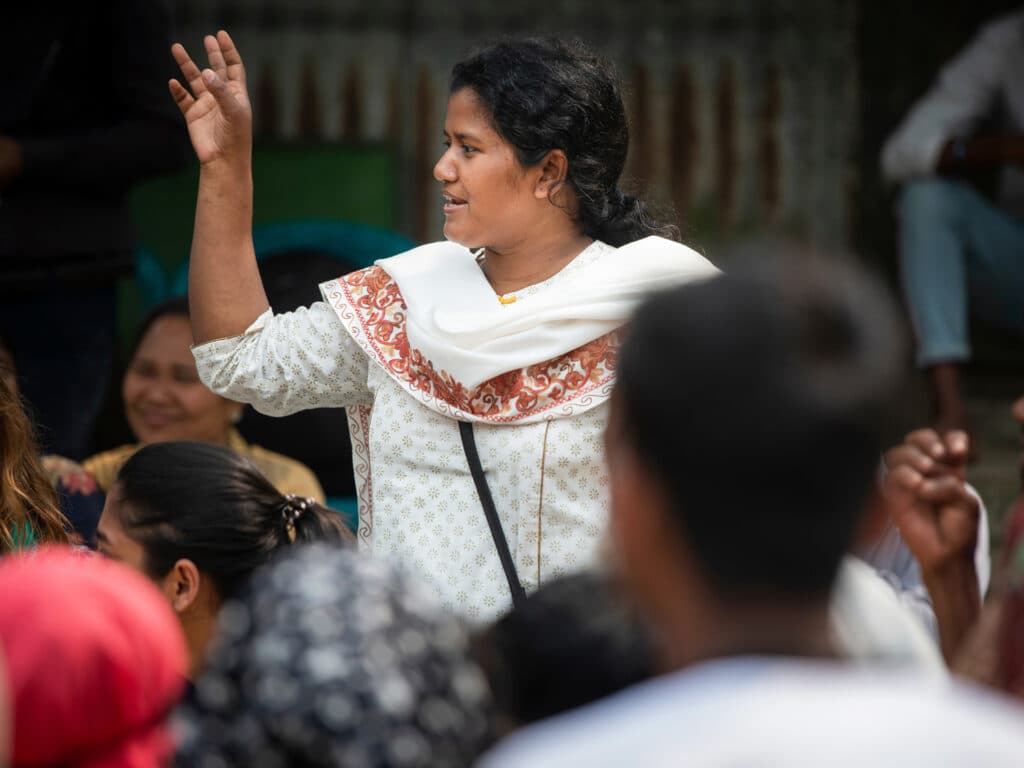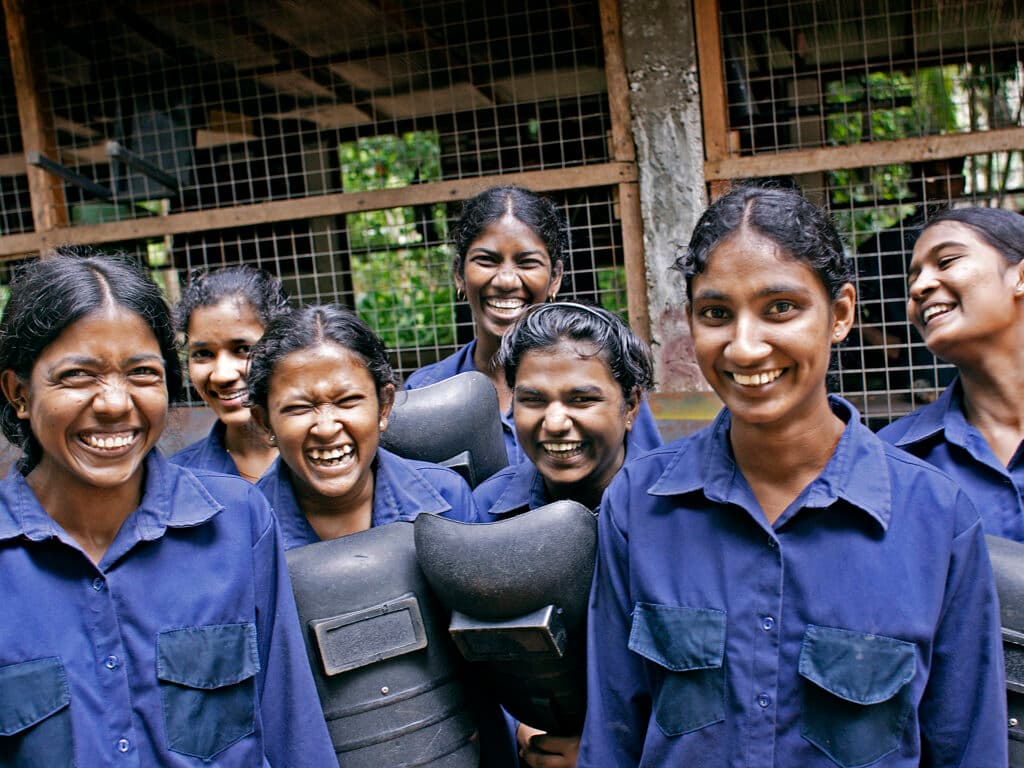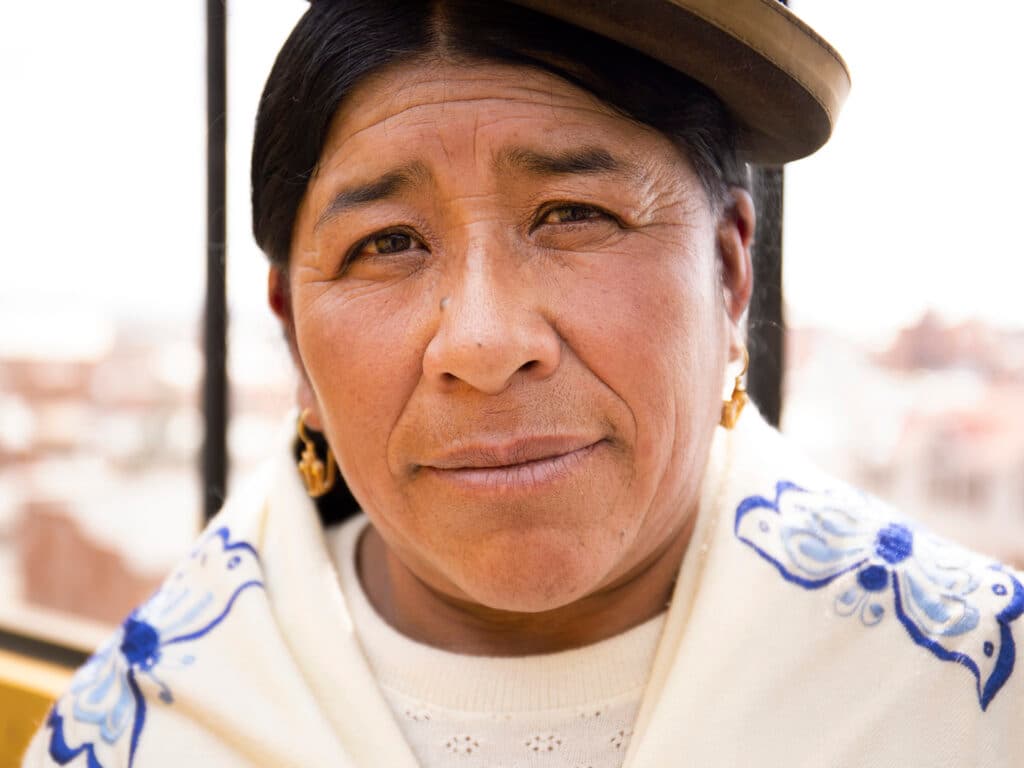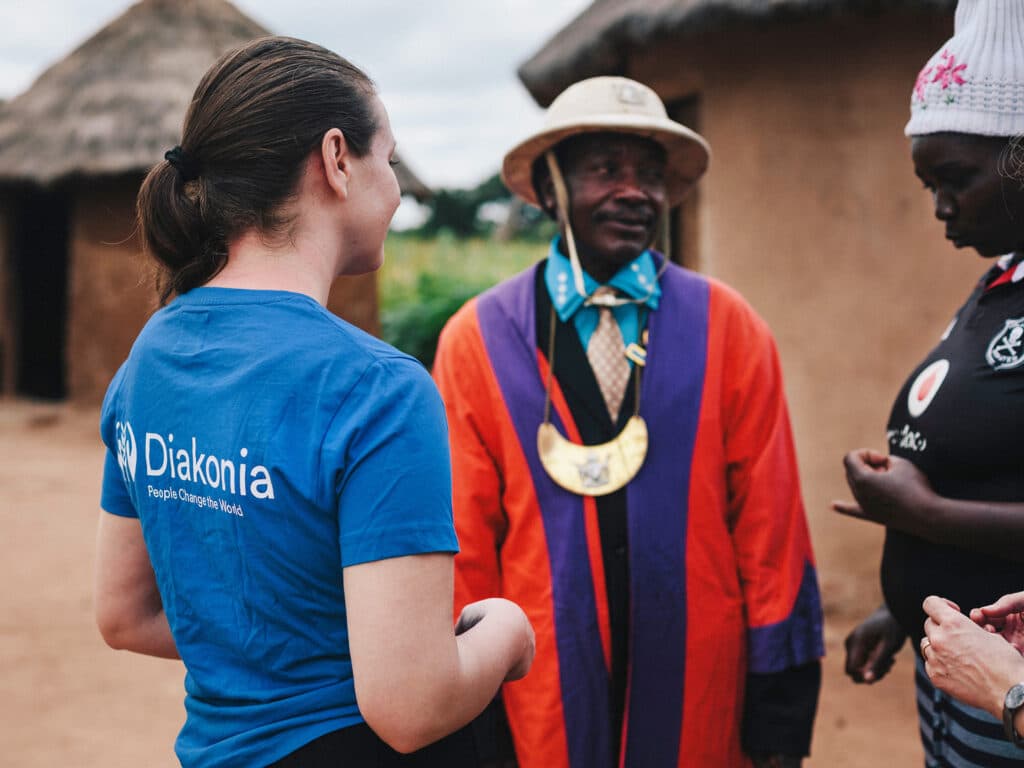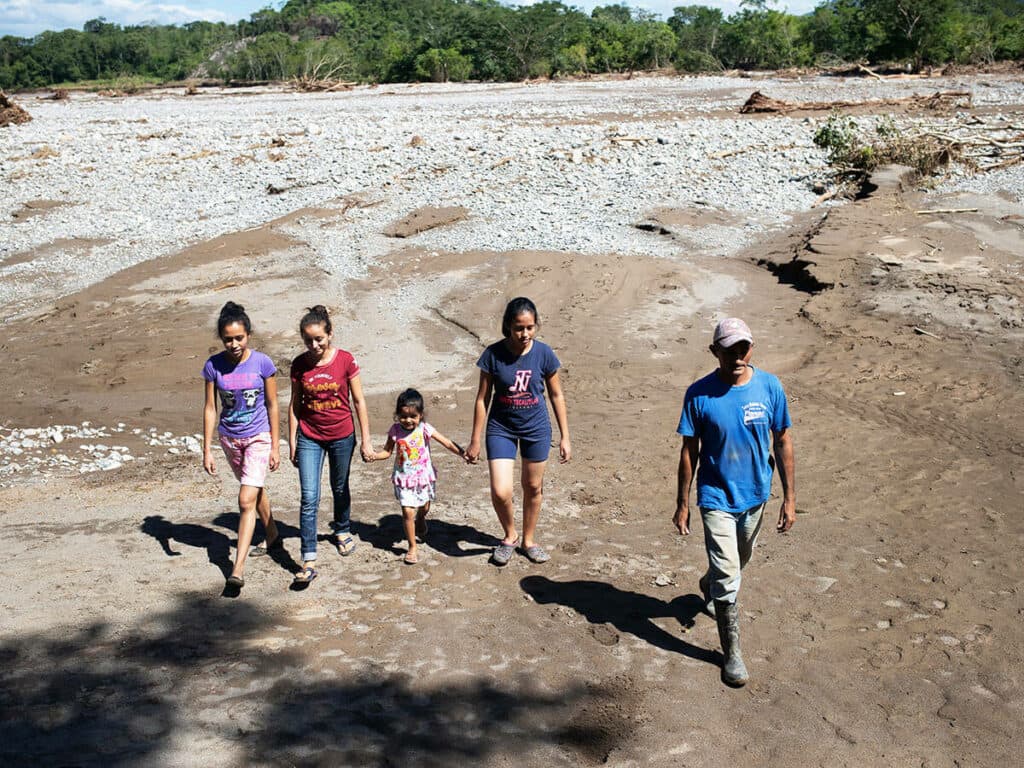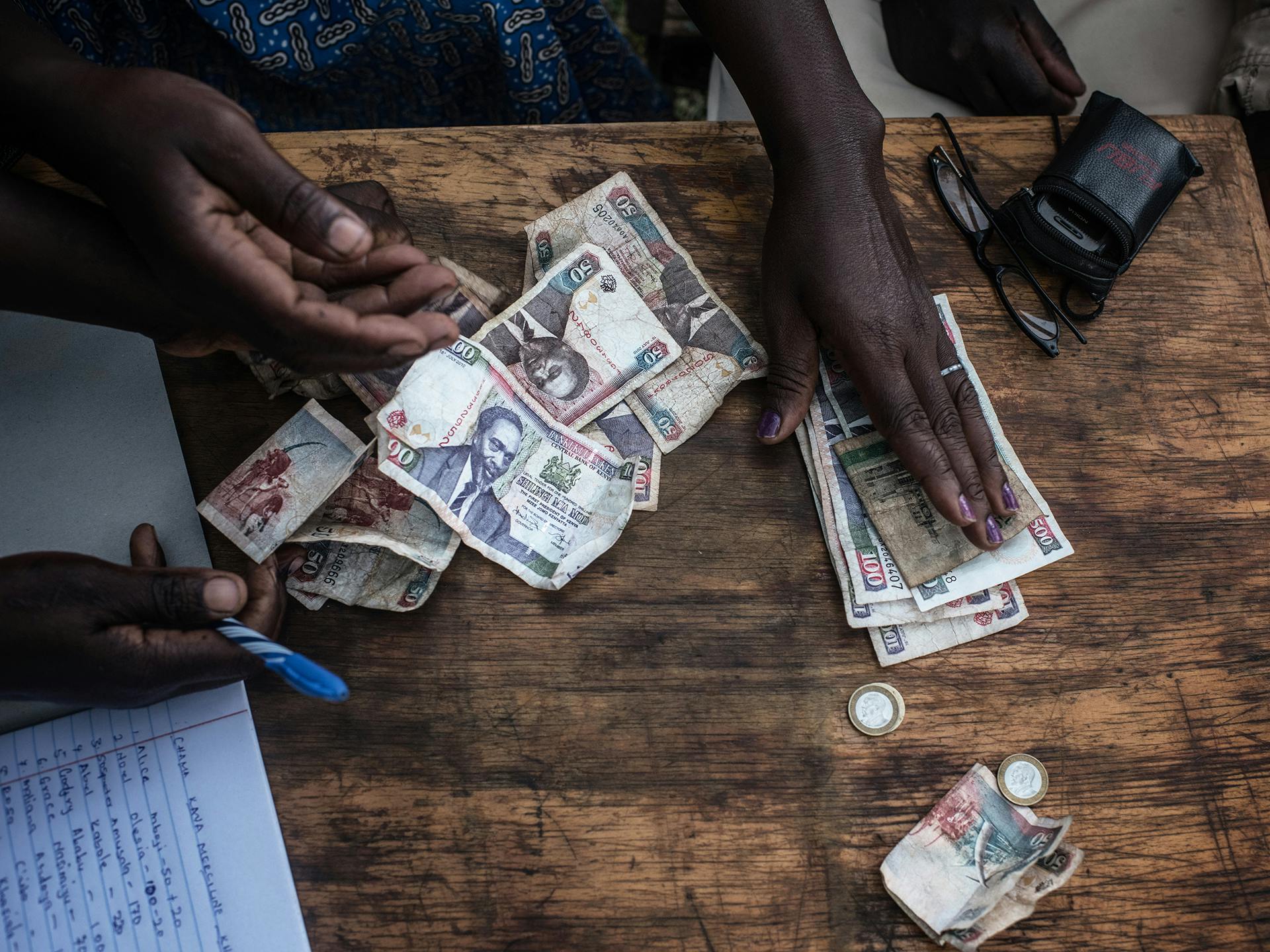
Quality Assurance
Against corruption
Diakonia has six principal strategies for combating corruption. The work is carried out within our own operations, with our partner organizations and in the countries in which we work. In addition, we work at the global level to promote policies and economics that benefit the poor.
- Long-term support for civil society’s work on democracy and citizenship: Diakonia provides long-term support to organizations in civil society that are working for empowered and actively participative citizenship, so that people gain knowledge about their rights and obligations; the right and opportunity to organize, participate in and influence their communities, and the right to demand accountability.
Work on the rights and opportunities of discriminated groups to participate in the political process is particularly urgent. Transparency and access to information are fundamental to this work. - Transparency and the demand for accountability within civil society: Organizations that scrutinise those in power must be credible. Work on codes of conduct is a vital instrument for ensuring that organizations work from the persepctive of the poor and that they live up to the rights perspective.
Diakonia has clear agreements with its partners and works continuously on building the institutional capacity of these organizations. In the event of mismanagement or misappropriation of funds, there are clear guidelines in place on how we should act. - Strategies for tackling global problems associated with corruption, misappropriation of funds and draining of resources for fighting poverty: Many issues surrounding corruption cannot be resolved within the framework of domestic policy in poorer countries. All too seldom is there any discussion about why and how corruption arises. Since many poorer countries lack capacity in their administrations and have weak legal systems, civil society has an important role to play in scrutinising the investments made.
Increased transparency and increased domestic income, through improved global and national financial regulation, constitutes a strong contribution to anti-corruption and sustainable development. - Long-term support for civil society’s work on democracy and citizenship: Diakonia provides long-term support to organizations in civil society that are working for empowered and actively participative citizenship, so that people gain knowledge about their rights and obligations; the right and opportunity to organize, participate in and influence their communities, and the right to demand accountability.
Work on the rights and opportunities of discriminated groups to participate in the political process is particularly urgent. Transparency and access to information are fundamental to this work. - Transparency and the demand for accountability within civil society: Organizations that scrutinise those in power must be credible. Work on codes of conduct is a vital instrument for ensuring that organizations work from the persepctive of the poor and that they live up to the rights perspective.
Diakonia has clear agreements with its partners and works continuously on building the institutional capacity of these organizations. In the event of mismanagement or misappropriation of funds, there are clear guidelines in place on how we should act. - Strategies for tackling global problems associated with corruption, misappropriation of funds and draining of resources for fighting poverty: Many issues surrounding corruption cannot be resolved within the framework of domestic policy in poorer countries. All too seldom is there any discussion about why and how corruption arises. Since many poorer countries lack capacity in their administrations and have weak legal systems, civil society has an important role to play in scrutinising the investments made.
Increased transparency and increased domestic income, through improved global and national financial regulation, constitutes a strong contribution to anti-corruption and sustainable development.
Work against corruption within Diakonia
Diakonia has clear procedures in place for how to investigate suspicions of corruption within its own and partner organizations activities. In cases where there is suspicion of a crime we report to the police.
There are also several different channels for those who wish to report suspected corruption , for example, through the complaints and response mechanism.

